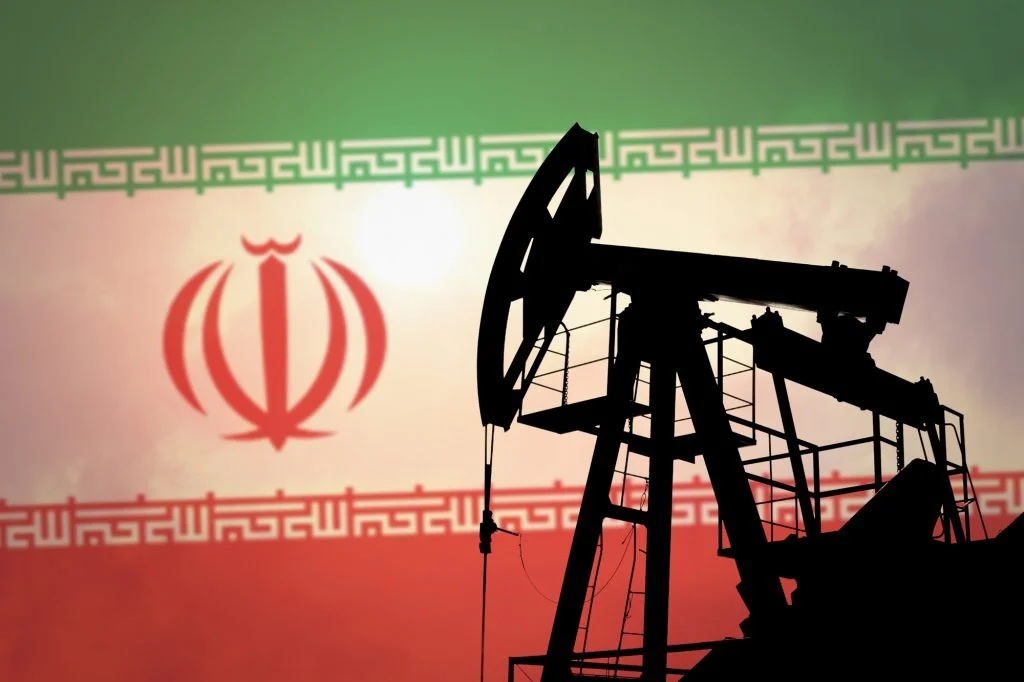Following a three months ban on crypto mining owning to excess power usage in Iran, crypto mining has been given the green light to resume, as it can no longer be blamed for stressing the electricity grid.

Following a three-month prohibition issued by former President Hassan Rouhani on May 26, 2021, the Iranian government will allow licensed cryptocurrency miners to restart operations today. The initial restriction was imposed because of concerns about the country’s fragile power grid’s stability.
During the summer, the Middle Eastern country faced extensive power disruptions, which former President Rouhani blamed on excessive heat. The temperature reached 120 degrees Fahrenheit, or nearly 49 degrees Celsius, on certain days.
Middle East and Central Asia are under the harshest heat wave in history for this time of the year. In #Iran 51.0C at Omidieh,50.1C at Abadan,45.5C at Bam (920m asl). In Turkmenistan 46.7C Uchadzhi,in Uzbekistan 44.7C at Termez,in Tajikistan 43.7C at Isambaj (563m). pic.twitter.com/AQ5bpt93vM
— Extreme Temperatures Around The World (@extremetemps) June 5, 2021
Due to power disruptions and a water deficit, Rouhani decided to ban crypto mining during the summer to ensure that consumers could keep their air conditioners running. However, others have questioned how much power crypto mining truly consumes in Iran.
The crypto mining prohibition has been repealed when the heat subsides and Ebrahim Raisi takes office as president on Aug. 3, 2021.
Iran is home to between 4.5 percent and 7% of the world’s bitcoin mining. It should come as no surprise that, thanks to plentiful fossil fuel resources such as natural gas, Iran has among the lowest electricity prices in the world.
According to some accounts, the country favours Bitcoin (BTC) mining as a way to circumvent US sanctions. The United States has imposed a near-total embargo on Iran, which has had a detrimental impact on the country’s economy. Elliptic, citing Reuters, estimates that revenues from mining in Iran will be roughly $1 billion at present levels.
Despite the prohibition, underground mining is said to have persisted, and Ali Sahraee, the director of Teheran’s Stock Exchange (TSE), resigned on Wednesday when state-run media reported that cryptocurrency mining was taking place at the exchange while the ban was in effect.
TSE leadership initially disputed the operation’s existence, but later, executive deputy director Beheshti-Sarsht admitted that the TSE should be held responsible.

